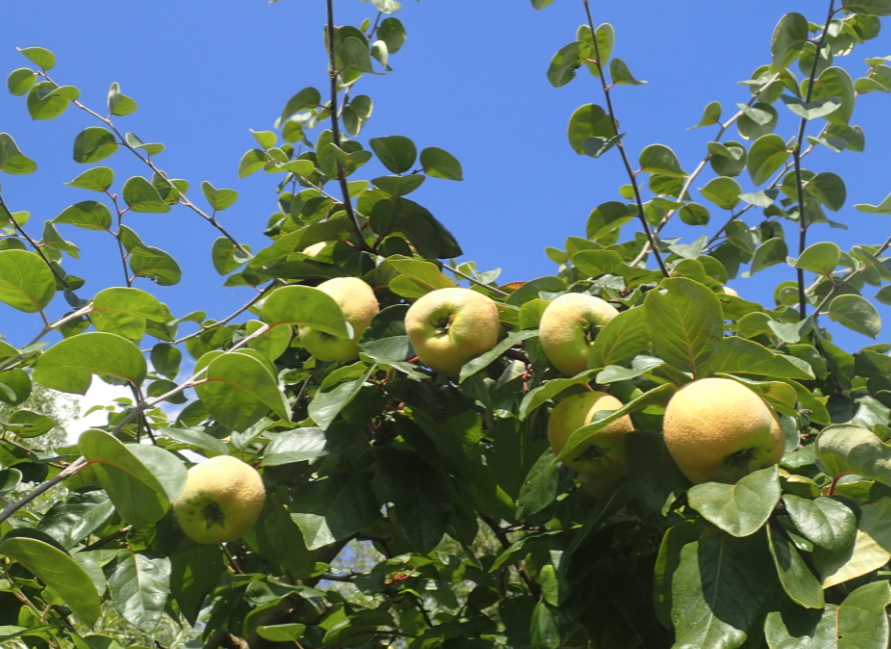Hundreds of organic products don’t meet the rules: RTL report

 Hundreds of products are being sold in Dutch shops as organic but which actually come from farms which have broken the rules on animal welfare, the use of medicines and the environment, RTL Nieuws said on Tuesday.
Hundreds of products are being sold in Dutch shops as organic but which actually come from farms which have broken the rules on animal welfare, the use of medicines and the environment, RTL Nieuws said on Tuesday.
Produce from 220 farmers – including eggs, honey and dairy produce – is being labeled and sold as organic, even though it does not meet all the proper standards, RTL said. It bases the claim on more than 1,500 inspection reports by monitoring body Skal.
The reports seen by RTL show that in 2017 and 2018, almost one in 10 organic farmers did not meet all the rules. Nevertheless, farmers who are given an official warning are still allowed to sell their products as organic.
Food scientist Gertjan Schaafsma told RTL that he is a ‘bit shocked’ to discover that products are being sold as organic even though they don’t meet the label requirements.
This has no impact on public health but does affect the image of organic products and the price consumers are paying, he said.
Dirty barns
RTL said animal welfare requirements are one of the biggest stumbling blocks, with 40 warnings issued about animals kept in small spaces or in dirty barns without straw.
In some cases, animals are being given medicines which are not allowed and animals are kept indoors when they should all have access to outside spaces, RTL said.
In addition, some 20 fruit and vegetable growers were found to have used fertilisers and pesticides which are not permitted or to have sprayed their crops with non-organic approved chemicals.
One or two fails
Skal director Nicolette Klijn told RTL that products which do not meet all the rules for organic products can still be sold with the Skal label because ‘like a school report, you can have one or two fails’.
In a later statement published on the Skal website she said that products from companies which had been found to break the rules are still considered organic in law.
Nevertheless, the RTL report does provide impetus to ‘look again at our sanctions… to decide if we should deal with specific infringements in a different way.’ the statement said.
‘Perhaps we should issue a red card more often,’ Klijn said.
RTL obtained the Skal inspection reports using freedom of information rules. The broadcaster also asked Skal to give it the names of farms where the rules have been broken so they could be approached for comment but Skal refused.
Skal Biocontrole is licenced by the economic affairs ministry, and monitors organic products according to European standards.
Thank you for donating to DutchNews.nl.
We could not provide the Dutch News service, and keep it free of charge, without the generous support of our readers. Your donations allow us to report on issues you tell us matter, and provide you with a summary of the most important Dutch news each day.
Make a donation